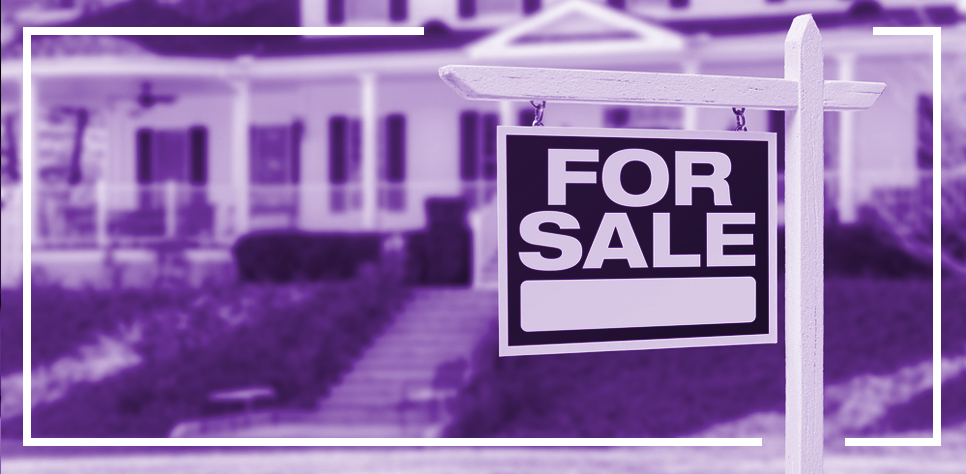If there’s one thing most people can agree on, it’s that paying rent is a drag. Rent takes a substantial chunk out of every paycheque (or your savings account), and essentially leaves you with nothing except for a roof over your head until the week, or month, is up.
The hassle of paying rent can be avoided by owning your own house. Of course, taking on a mortgage is a huge decision and can be an overwhelming and daunting task.
To help you decide if you’re ready to take on a mortgage, and when it’s the right time to do so, we’ve put together five tips.
Calculate your current and future earnings
Of course, one of the biggest factors affecting when the right time is to buy your own house is the amount of money you have, or make. Buying a house is a huge commitment, and the majority of the time it will mean taking out a mortgage. When taking out a mortgage you’ll need an initial deposit, as well as agreeing to pay a predetermined amount of money back each month.
In Australia, most lenders require a house deposit that’s around 5% of the total loan. While 5% doesn’t sound like a lot, 5% of a lump sum for a house is actually a considerable amount. Before applying for a loan you’ll need to determine whether you have the income to put this much money away in savings.
If you’re able to afford a house deposit, the next thing you should do is calculate how much money you’ll be able to afford in repayments. It’s also important to consider how stable your job is – so that you can foresee if the same amount of money (or more) will be continually coming in.
You can do this by calculating all of your monthly expenditures (e.g. food, entertainment, loan repayments etc.), as well as some extra money put aside for emergencies. The figure you come up with after this will help you decide how much you can comfortably pay off a mortgage per month.
Consider the market
The recent effect that COVID-19 has had on the housing market is the perfect example of why you should consider the market when investing in a house. Due to the devastating economical effect that the pandemic had, mortgage interest rates were slashed. As a result, many people took out mortgages and house prices were driven up significantly.
Because of their zero-tolerance handling of COVID-19 Queensland and Western Australia were two states that saw huge rises in house prices, with interstate buyers flocking to the safer states. In 2020 alone (the start of the pandemic), 30,000 Australians relocated to Queensland.
Market occurrences like this can trigger house prices upwards or downwards. If you’re not confident in reading and understanding the market, you can always talk to a financial planner for advice.
Think about your life plans
If you’re trying for children with the hope of having a family, you should take this into account when thinking about buying a house. While it’s always possible to sell a house and upgrade to a bigger one, this can come with extra fees and a lot of hassles. If you’re hoping for a family in the coming years, it’s worth considering buying a bigger house to accommodate for this.
Put together a plan of all the costs involved
Buying a house doesn’t just mean covering the costs of a house deposit and mortgage payments. There are many other fees and charges that new homeowners may not necessarily know about, won’t budget for and may be stung with when they arise.
Some of these costs include:
- Building inspections
- Stamp duty
- Local council rates
- Conveyancing costs
- Mortgage registration fee
- Title search and registration
- Legal costs
- Loan application fee
- Building insurance
- Content insurance
When making such a big financial commitment, it’s important to make a thorough plan outlining every cost involved, and determine how you will cover the costs and if you are able to.
Consider the season
It may sound odd, but market statistics show that many more houses go on the market in Spring. Showing a home on a rainy Winter’s day can make yards look unappealing, and potential buyers may not feel like leaving their house for an inspection in a storm. These are just a couple of the reasons sellers may hold off until Spring.
Waiting until Spring to buy an already built house can be a great strategy. More houses on the market mean more competition for the sellers, driving house prices down. Another benefit of buying a house in Spring is the larger range of house choices available.

